Keto Hair Loss: What Are The Causes And How Can You Reduce It?
Learn to mitigate keto-related hair loss and improve hair health with a balanced approach.
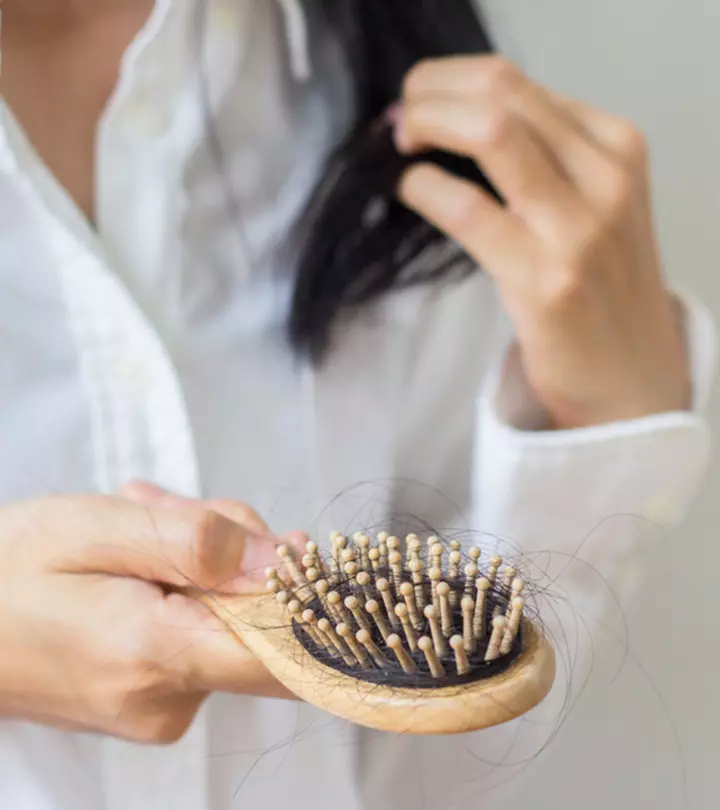
Can the keto diet cause hair loss? In some cases, yes. You may experience this dreadful side effect if you are following this diet. But how are they connected?
A keto diet is a low-carb and high-fat diet where your body burns fat as energy. Since it restricts your nutrient intake, you may also lose a lot of hair (1). You need these nutrients to keep your hair healthy. Diet stress may also trigger hair loss when your body enters ketosis. It may make you wonder if you can prevent this hair loss and how long the effects may last. Well, look no further as you can find your answers in this article. Keep reading.
In This Article
How Does Keto Diet Cause Hair Loss?
There are two main reasons for keto hair loss – nutritional deficiency and rapid weight loss.
In a daily 2,000-calorie keto diet, you are supposed to eat 55%-60% of fat, 5%-10% of carbs, and 30%-35% of protein (2). This causes a significant imbalance in nutrition intake.
Note: The exact ratio varies person-to-person.
Vitamins A, D, and E, niacin, folic acid, biotin, and minerals like iron, zinc, and selenium are vital for hair growth, follicle development, and texture maintenance. Deficiency of these nutrients causes hair loss (1), (3). Moreover, the stress of rapid weight loss and reduced protein intake also contributes to hair fall (1).
The restrictive nature of keto makes it a potentially unhealthy diet option. And unless a dietician supervises your keto diet, there are high chances of missing out on essential nutrients and experience hair fall. Here are the potential reasons that may trigger hair loss when on a keto diet.
What Causes Hair Loss When On A Keto Diet?
- Vitamin Deficiency: Mice studies reveal that the keto diet creates a deficiency of vitamins A, D, E, and biotin, causing hair loss, and triggers dermatitis. These vitamins activate hair stem cells and promote follicle growth. They delay the onset of hair loss, condition the scalp, and encourage new hair development when taken as supplements (1), (3), (5).
- Zinc And Selenium Deficiency: Zinc plays a vital role in the hair follicles’ development and maturation. Selenium protects hair fibers from free radical damage and promotes follicle development. Several animal studies reveal the crucial role these minerals play in hair growth and hair loss (1), (4). The deficiency of these minerals triggers hair fall during keto.
- Protein Deficiency: Often, in high-fat and low-carb diets like the keto, the body gets deprived of amino acids and proteins, affecting hair growth and scalp health (1), (3).
- Rapid Weight Loss: Hair loss happens when your body is under stress. Rapid weight loss caused by the keto diet is stressful for the body. This results in longer hair shedding cycles (1).
Also, calorie restriction causes the body to focus on conserving energy rather than spending energy on hair growth. How do you deal with this? Is there a way to prevent hair loss due to ketosis? Is this hair loss permanent? Scroll down for these answers and more.
How Can You Reduce Hair Loss When On A Keto Diet?
The ketogenic diet may help you shed pounds quickly, but it may not be wholesome in terms of nutrition. The same goes for expensive keto supplements. The nutrient deficiency during ketosis triggers side effects like hair loss.
To reduce the risk of hair loss when on a keto diet, it is best to compensate for the nutrient deficiency. This can be done by either using dietary supplements or introducing foods rich in micronutrients to your diet.
Here are a few foods and their nutrients you should consider adding to the keto diet to reduce hair loss:
- Biotin: To compensate for ketosis-caused biotin deficiency, you need to have an adequate intake of about 30 mcg of biotin. Foods high in biotin are (5):
- Beef liver
- Eggs
- Salmon
- Pork
- Sunflower seeds
- Sweet potatoes
- Almonds
- Tuna
- Spinach
- Broccoli
 Did You Know?
Did You Know?- Iron: Iron may indirectly affect hair follicle development and hair growth cycle. Try adding the following foods to maintain iron levels above 30 mcg/L (6):
- Oysters
- White beans (1 cup, canned)
- Dark chocolate
- Tofu
- Sardines
- Cashew nuts
- Chicken
- Zinc: Zinc is crucial for several metabolic cycles that support growth and development. Since our body cannot store zinc, it is mandatory to supply it via food and supplements. Here are a few options (7):
- King crab
- Lobster
- Pork
- Chickpeas
- Swiss cheese
- Oatmeal
- Low-fat milk
 Did You Know?
Did You Know?- Vitamins A, D, And E: These fat-soluble vitamins are indirectly essential for hair follicle development and scalp health. They play important roles in the absorption of other micronutrients and protect hair from chemical and physical damages. They also have the reputation of being some of the best vitamins for hair fall control. You can provide these vitamins by consuming (9), (10), (11):
- Almonds
- Beef
- Sunflower seeds
- Hazelnuts
- Peanuts
- Herring, pickled
- Tomatoes
- Cod liver oil
- Eggs
You can also use dietary supplements to control hair fall. However, consult your nutritionist/doctor for the right dosage. Apart from addressing nutrient deficiency, ketosis-induced hair fall can be reduced by:
- Frequently nourishing the scalp with oils and vitamins.
- Being gentle while washing the hair.
- Avoiding heat and harsh chemical treatments.
- Following medical advice.
- Using softened water to wash hair
- Treating hormonal imbalance issues (if any).
- Avoiding stress and tension
- Collagen: Collagen plays an essential role in the health of skin, hair, and nails. Its intake may support the body’s natural collagen production, which helps maintain the structural integrity of hair follicles and the skin on the scalp. The intake of collagen supplements or collagen-rich foods may help support the health of connective tissues, including those found in the skin and hair. Collagen supplements may also support hair health by promoting stronger, thicker hair strands and a healthy scalp environment. Some of the foods rich in collagen are as follows (12):
- Jellyfish
- Cod
- Salmon
- Octopus
- Egg white
- Bone broth
- Avocado
- Leafy greens
The Keto diet can cause hair loss because of the low intake of nutrients. Rapid weight loss and nutritional deficiency could be the two main reasons behind losing hair during the Keto diet. This may also lead to severe issues like kidney failure and GI disorders. However, you can prevent this by consuming supplements and foods rich in vitamins A, E, and D, biotin, niacin, and zinc.
There are a few food items mentioned above to include in your Keto diet to prevent hair loss. Also, avoiding stress and following a consistent hair care routine will help reduce hair loss. Consult your nutritionist or doctor and plan a diet accordingly to minimize the side effects.
Frequently Asked Questions
Can keto cause a B12 deficiency?
It depends on your intake of B12 foods. There are quite a few pro-keto B12 foods like meat and dairy that you can consume to maintain your B12 levels.
Does keto cause low iron?
A keto diet may cause an iron deficiency. You can manage this by eating foods rich in iron, like broccoli, shellfish, and turkey.
Does keto cause cellulite?
No, the keto diet reduces cellulite as it is a low-carbohydrate diet.
Does keto dry out your hair?
Nutrient deficiencies caused by the keto diet may cause changes in your hair, like dryness, roughness, and breakage.
Is keto anti-inflammatory?
Most foods that fall under the ketogenic diet have anti-inflammatory properties.
Key Takeaways
- The keto diet primarily focuses on low-carb and high-fat foods, which may limit the intake of various nutrients. This can trigger hair loss, termed keto hair loss.
- Hair loss caused by the keto diet can be managed with supplements or by introducing foods rich in nutrients into your diet.
- Oiling the hair frequently, reducing excessive hair styling, and managing stress are a few ways that may help minimize keto hair loss.
Know the reasons behind and find solutions for hair loss on a keto diet in this video. Learn about common factors affecting hair health, and find practical tips to maintain overall hair health as you adhere to your diet.
References
Articles on StyleCraze are backed by verified information from peer-reviewed and academic research papers, reputed organizations, research institutions, and medical associations to ensure accuracy and relevance. Read our editorial policy to learn more.
- Diet and hair loss: effects of nutrient deficiency and supplement use
https://www.ncbi.nlm.nih.gov/pmc/articles/PMC5315033/ - Ketogenic diet
https://www.ncbi.nlm.nih.gov/books/NBK499830/ - Consumption of a low-carbohydrate and high-fat diet (the ketogenic diet) exaggerates biotin deficiency in mice
https://www.sciencedirect.com/science/article/abs/pii/S0899900713002244?via%3Dihub - Analysis of serum zinc and copper concentrations in hair loss
https://pubmed.ncbi.nlm.nih.gov/24371385/ - Biotin
https://ods.od.nih.gov/factsheets/Biotin-HealthProfessional/ - Iron
https://ods.od.nih.gov/factsheets/Iron-HealthProfessional/ - Zinc
https://ods.od.nih.gov/factsheets/Zinc-HealthProfessional/ - Zinc Deficiency
https://www.ncbi.nlm.nih.gov/books/NBK493231/ - Vitamin A
https://ods.od.nih.gov/factsheets/VitaminA-HealthProfessional/ - Vitamin D
https://ods.od.nih.gov/factsheets/VitaminD-HealthProfessional/ - Vitamin E
https://ods.od.nih.gov/factsheets/VitaminE-HealthProfessional/
Read full bio of Dr. Shruti Chavan
Read full bio of Arshiya Syeda
Read full bio of Anjali Sayee
Read full bio of Monomita Chakraborty






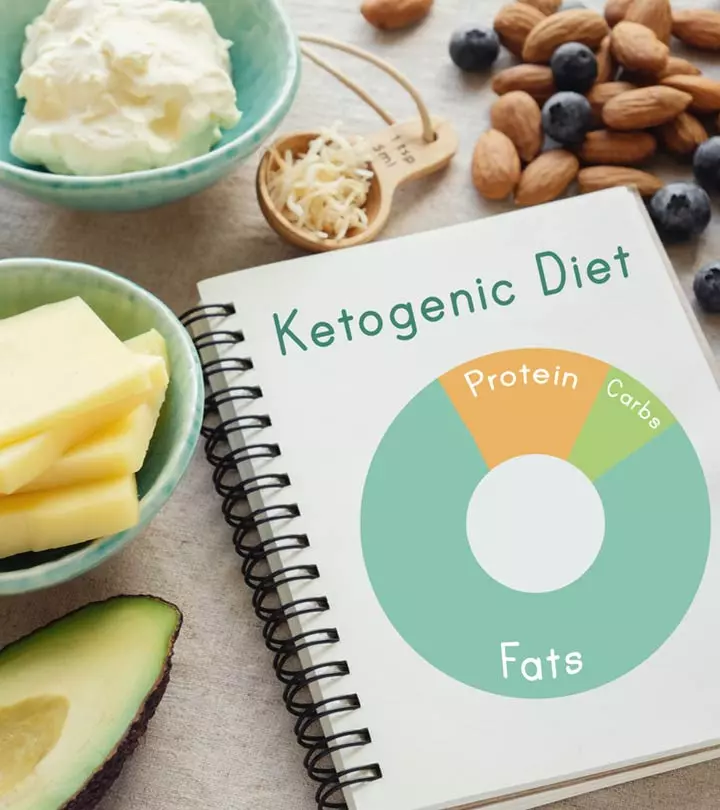
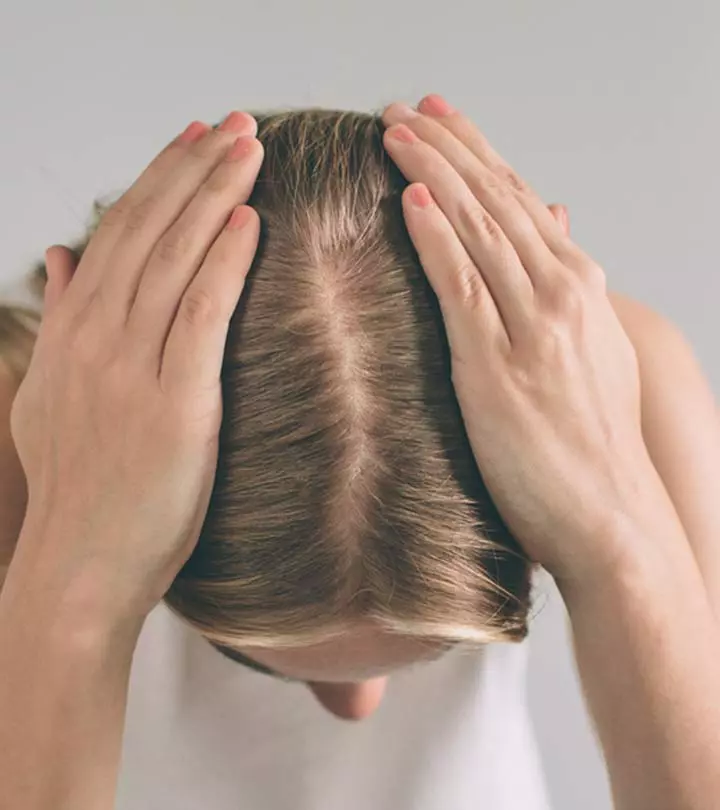
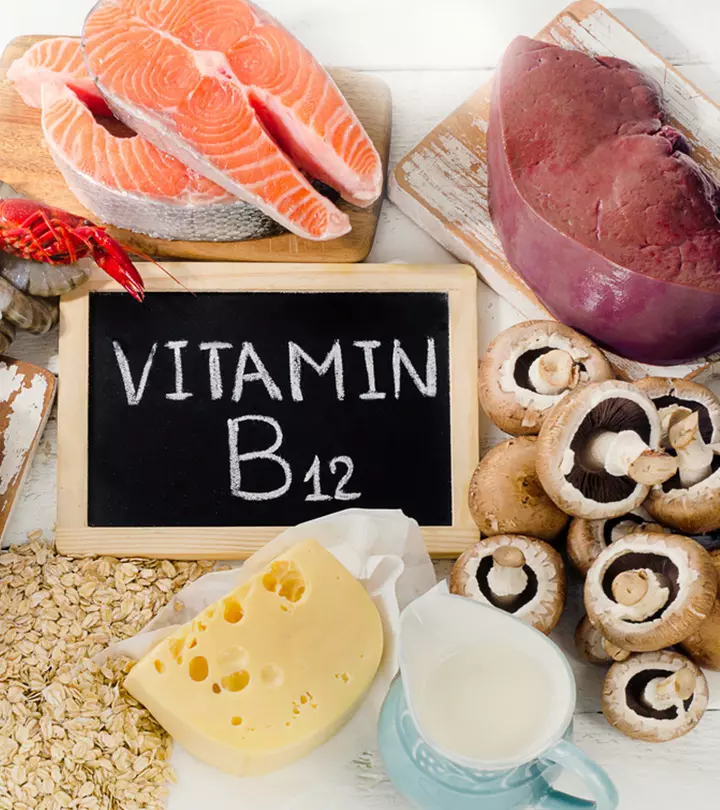
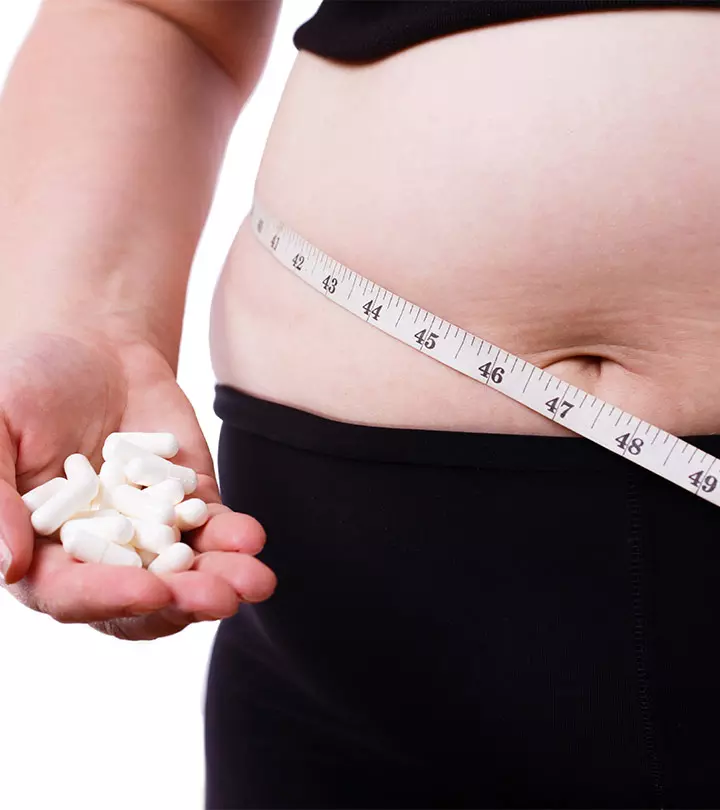
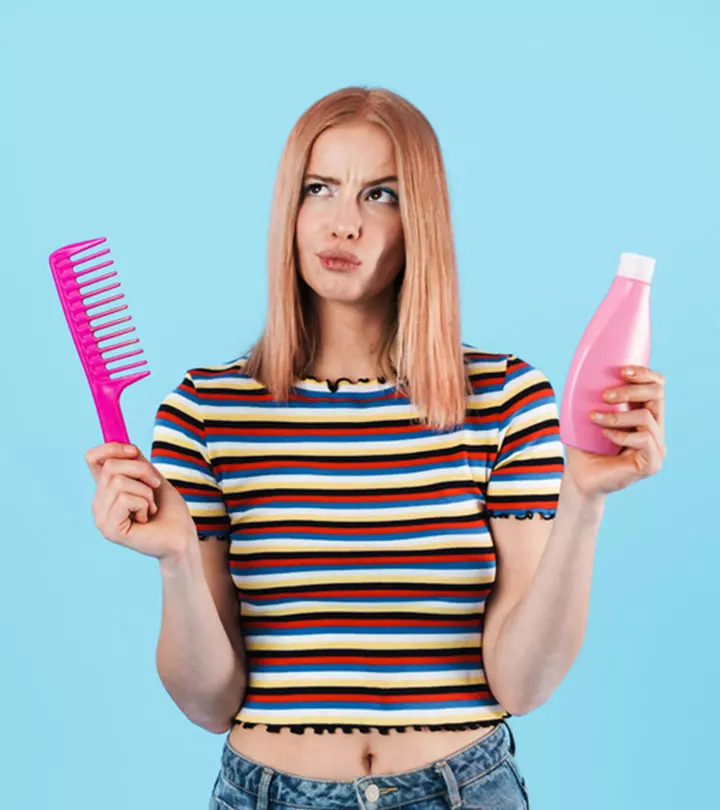
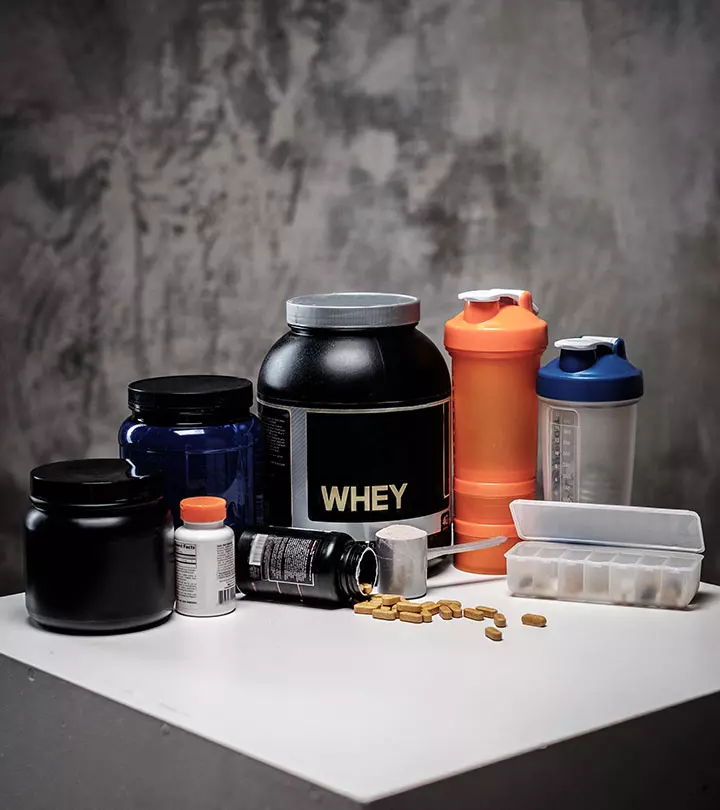

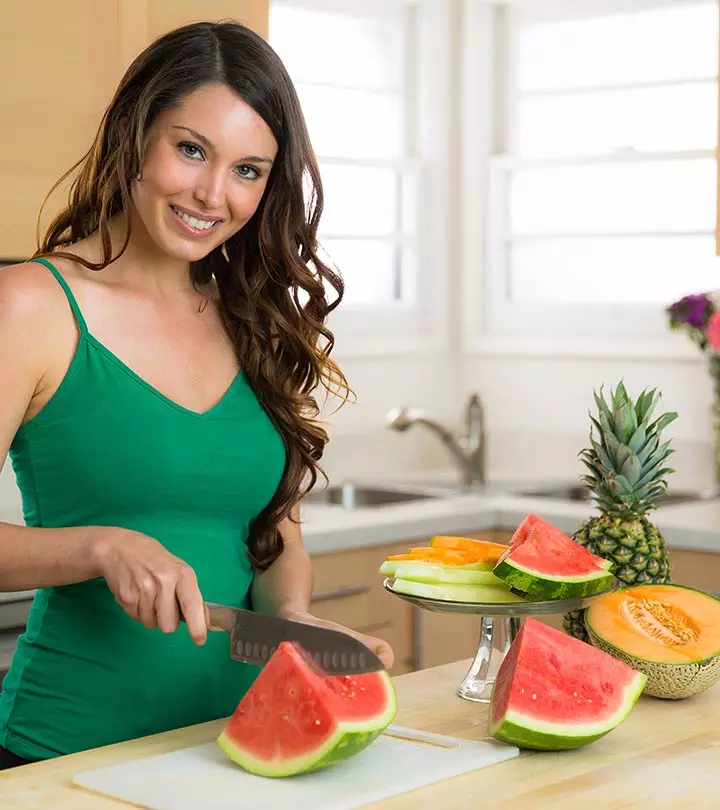
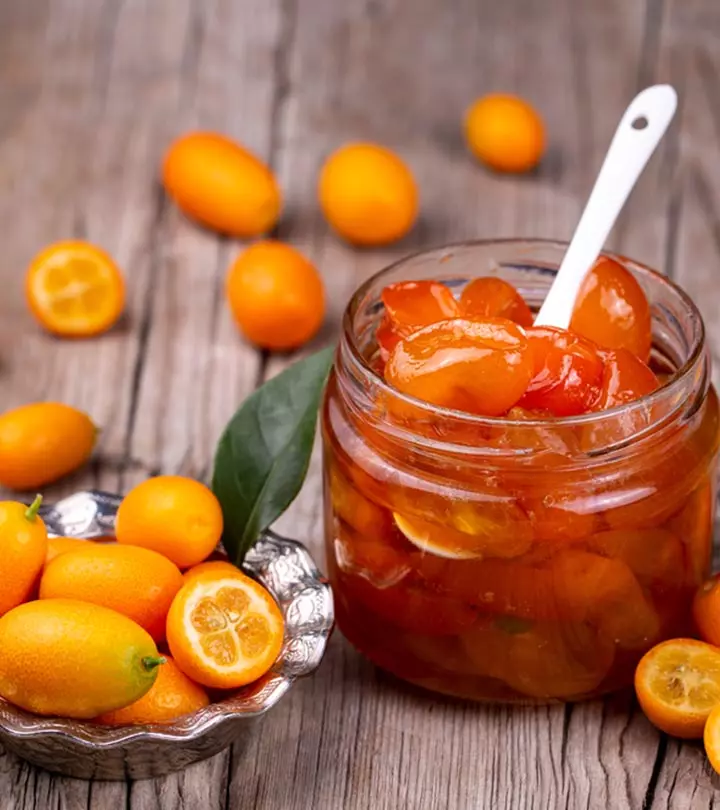




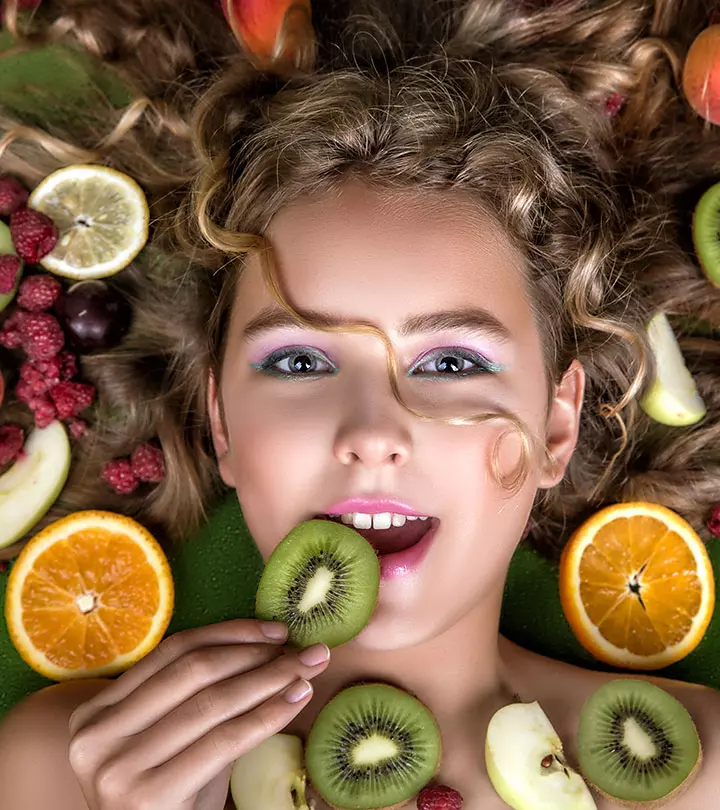
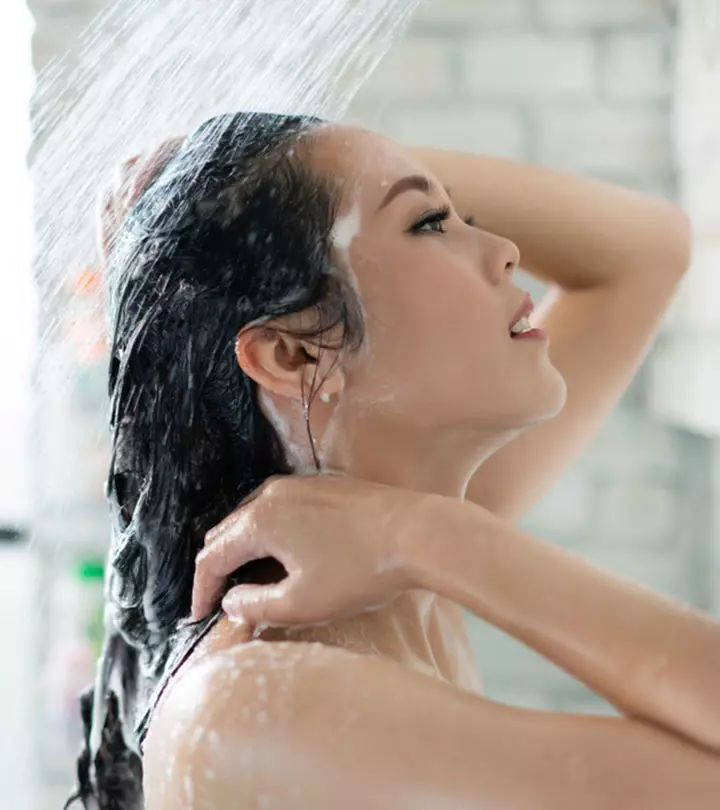
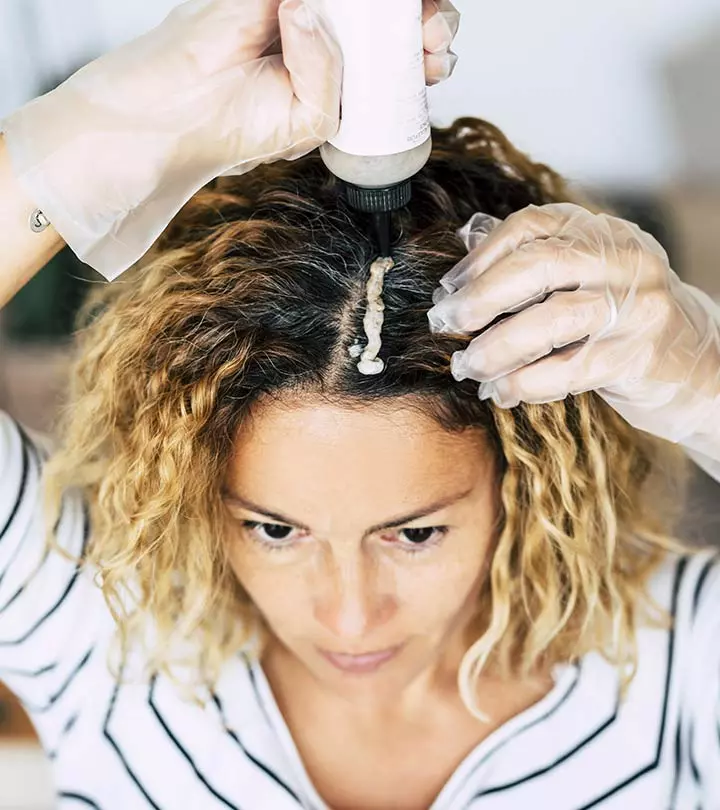
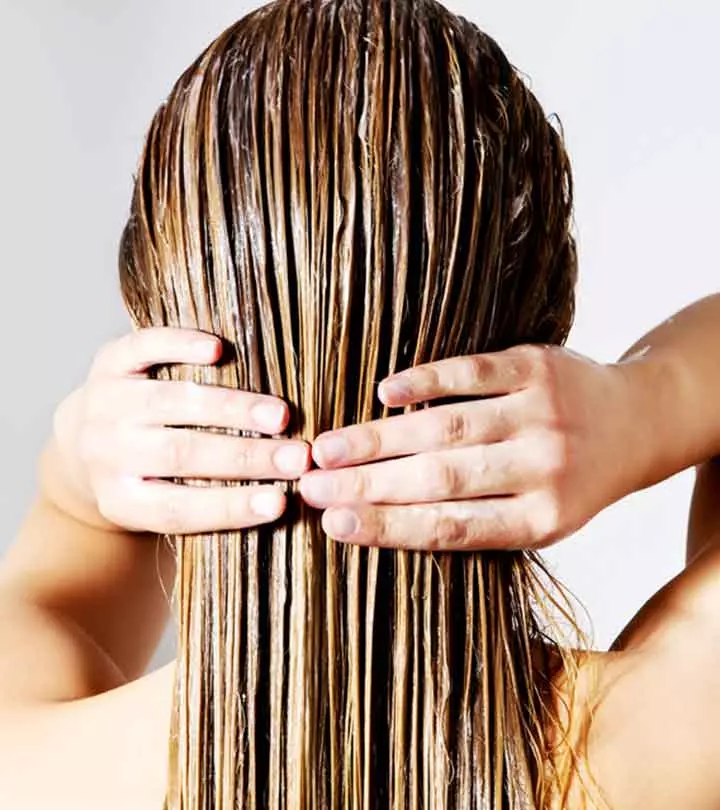
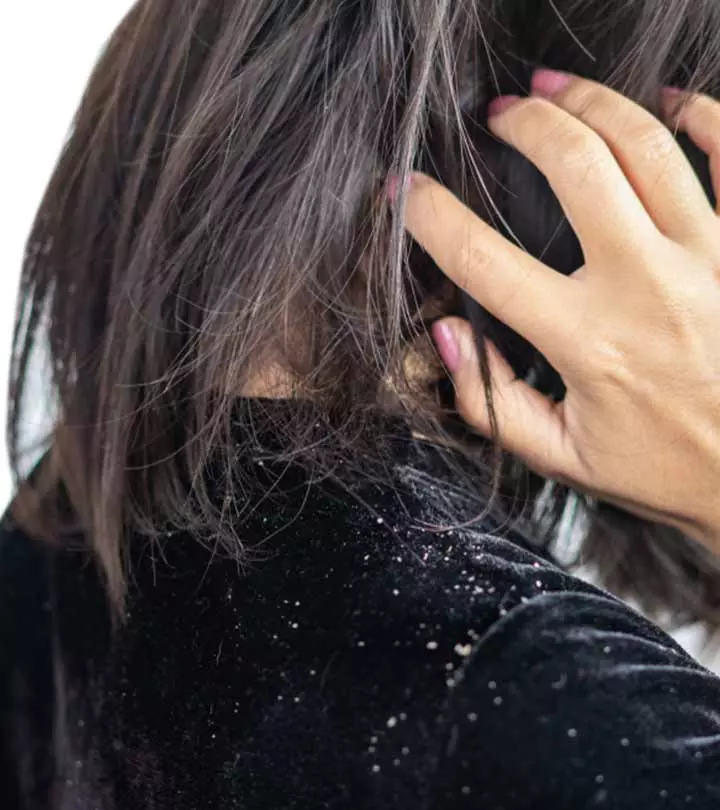
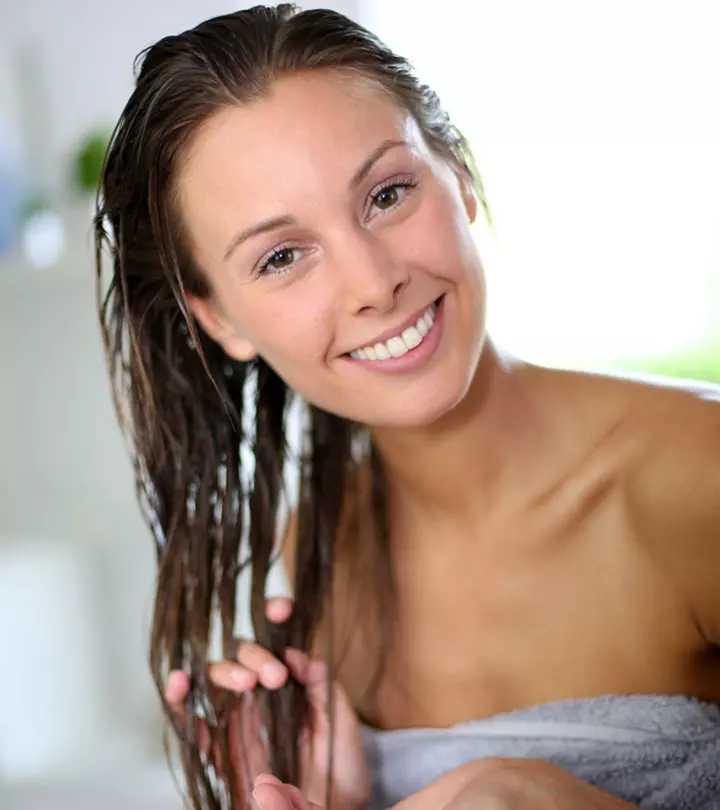
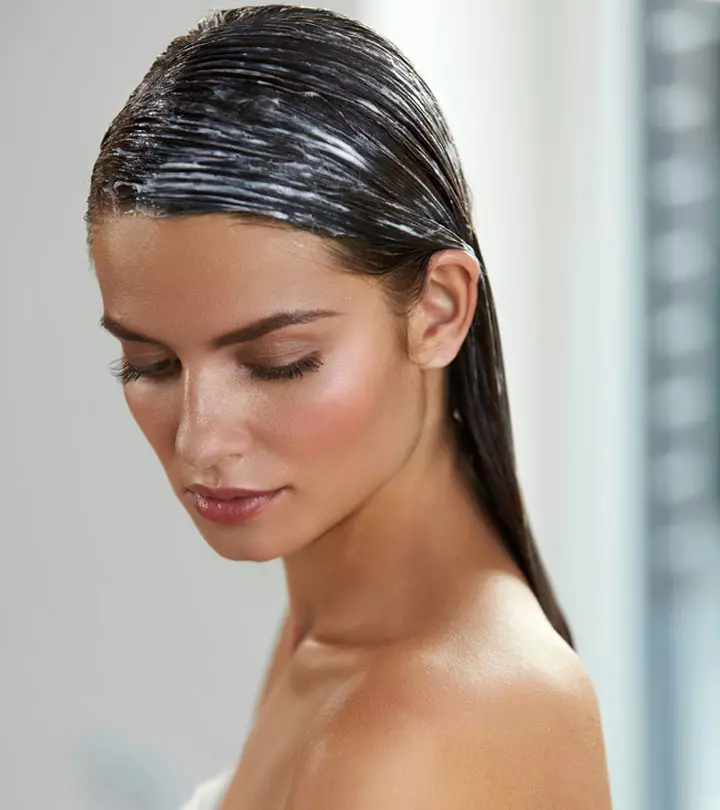
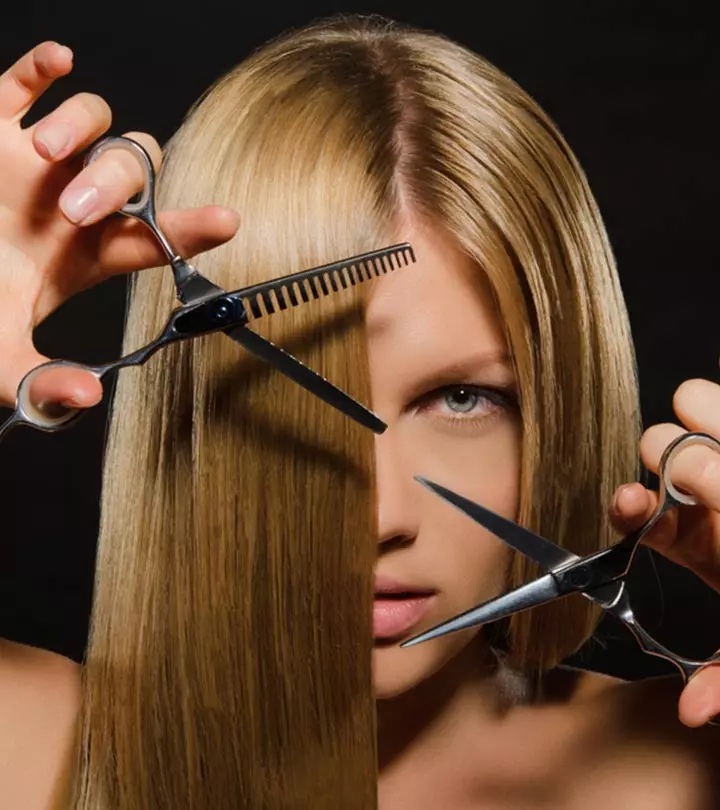
Community Experiences
Join the conversation and become a part of our empowering community! Share your stories, experiences, and insights to connect with other beauty, lifestyle, and health enthusiasts.